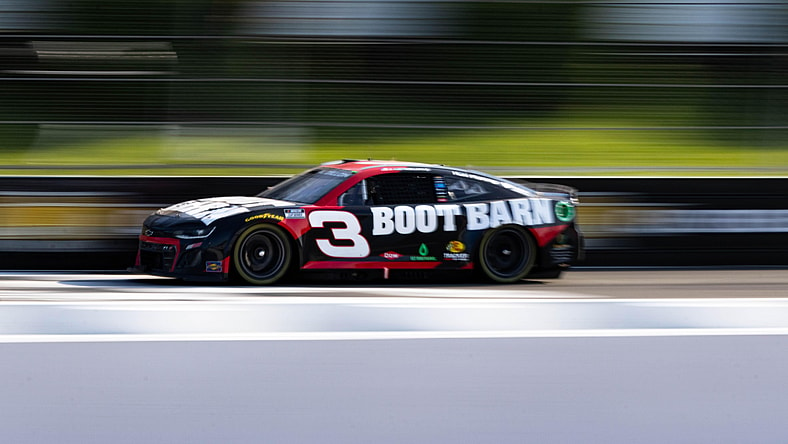
Through the years, NASCAR has witnessed the power of many various engines. But which engines have been the best of the best? We take a look a the eight engines that defined eras and were the most impactful in NASCAR history.
8. 2020s: Chevrolet R07
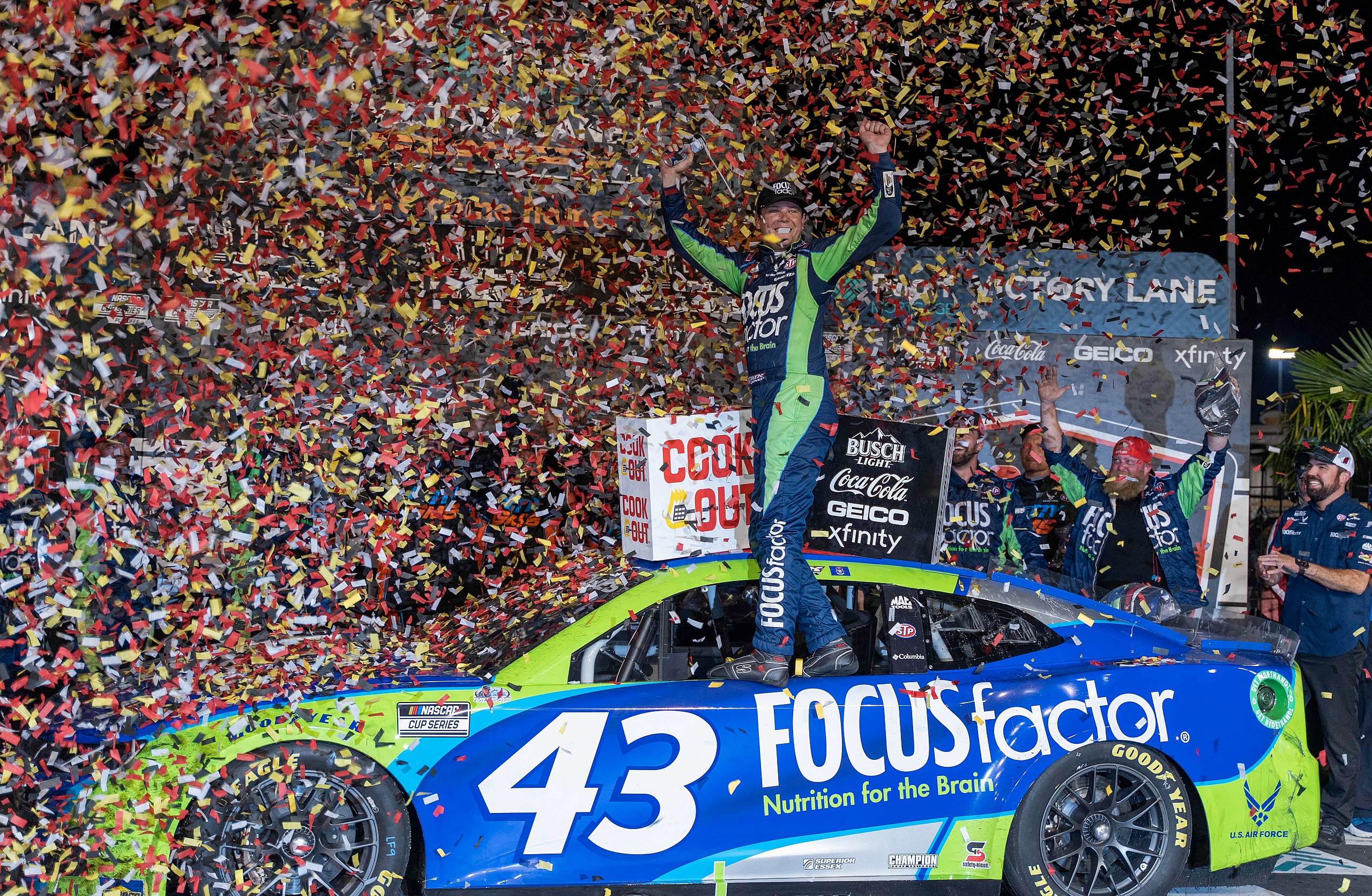
The Chevrolet R07 is the latest in a long history of high-performing engines used in NASCAR races. First brought to the market in the mid-2000s and with subsequent improvements, the R07 engine is developed with modern materials and technology to deliver about 800 horsepower. It is famous for its effectiveness, dependability, and ability to meet the latest NASCAR rules. All that enables Chevrolet to stay competitive in today’s generation.
Related: NASCAR Cup Series points leaders 2024, Xfinity standings, NASCAR playoff picture
7. 2010s: Toyota TRD 358 V8
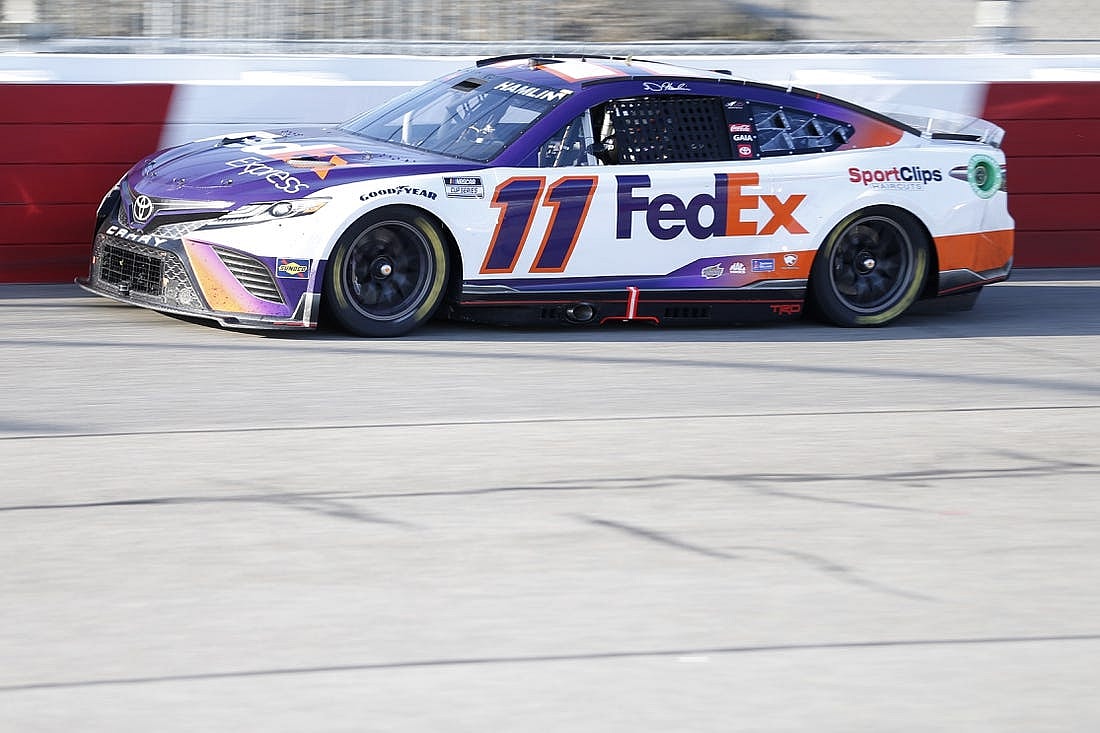
The TRD 358 V8 engine, designed by Toyota, has been among the most powerful engines in NASCAR history. It had electronic fuel injection by the late 2010s, compared to the earlier models that used carburetor-fueled systems. The TRD 358 released approximately 725 horsepower at the rated 9,000 RPM, which attests to its performance. This engine has played a great part in securing many victories for Toyota and proved its durability on the racetrack.
6. 2000s: Dodge R5-P7
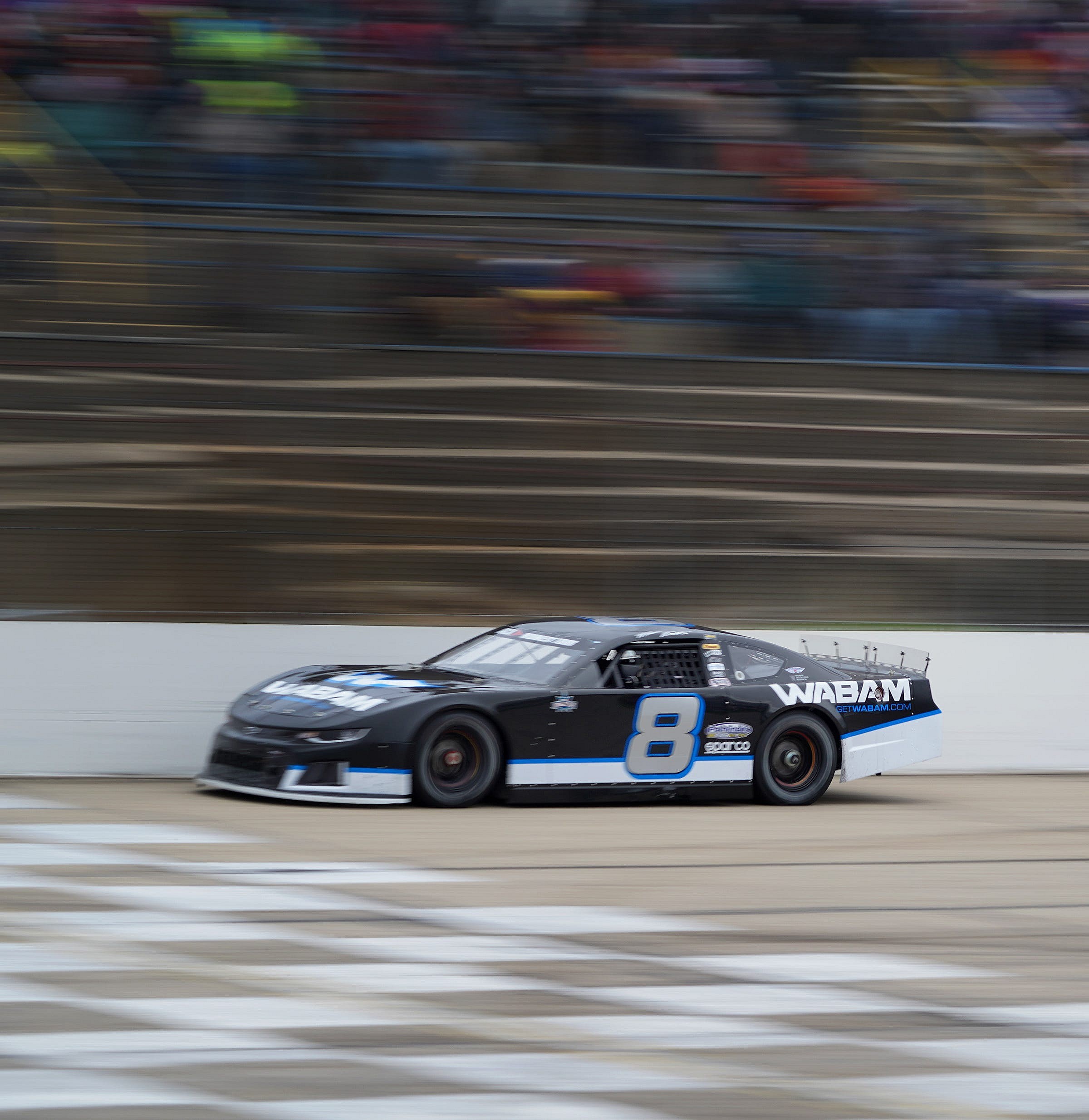
The Dodge R5-P7 engine of the early 2000s was a major step in NASCAR technology. This engine designed by Penske Racing, was a very durable engine generating as much as 750 horsepower. The R5-P7 propelled Dodge cars to several victories, including Brad Keselowski’s 2012 Sprint Cup Championship. It proved its effectiveness and competitiveness in the modern era of NASCAR.
Also Read: 20 richest NASCAR drivers of all time – Where does Dale Earnhardt Jr. land in the top 20?
5. 1990s: Ford 351 Windsor
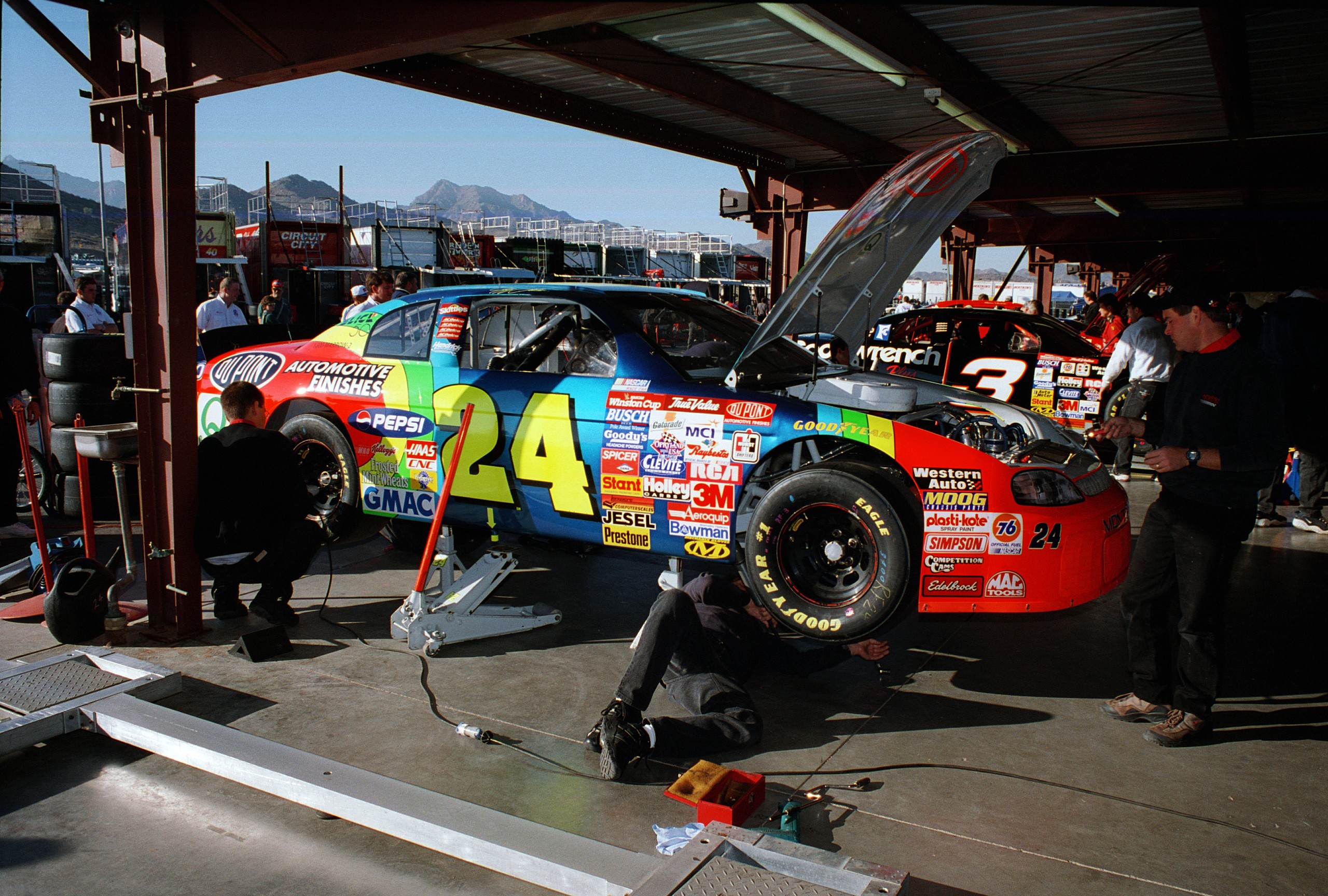
The Ford 351 Windsor played a significant role for NASCAR teams during the 1990s. Popular for being a very reliable and versatile engine the 351 Windsor was capable of generating about 700 horsepower in its best configurations. This was a popular engine for its combination of power and reliability. Indeed, it contributed to the successes and titles of such drivers as Bill Elliott in that period.
4. 1980s: Buick V6 Turbo
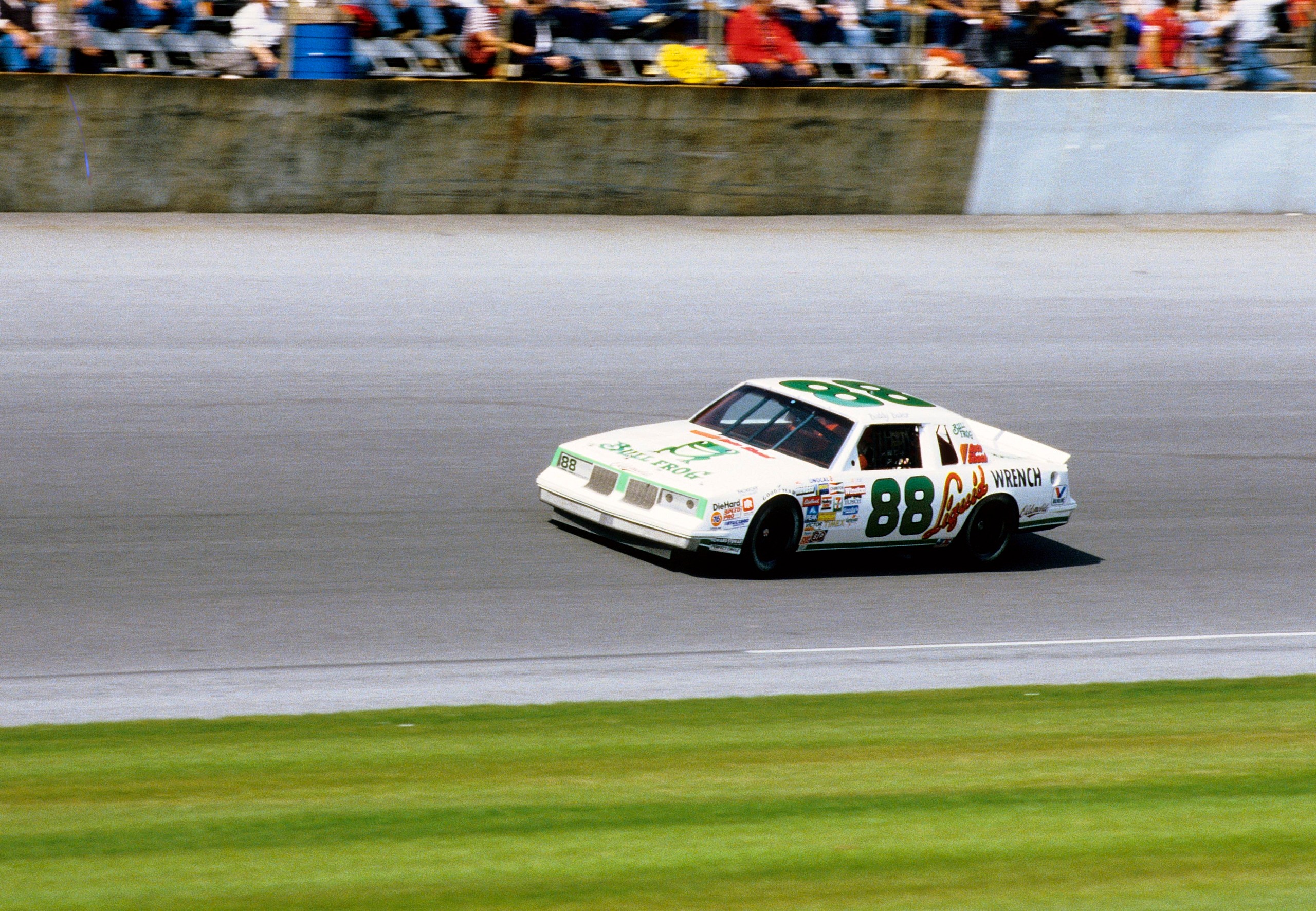
The Buick V6 turbo engine which is well-known for its popularity in the Indy500, entered NASCAR in the 1980s. This engine produced more than 700 horsepower, was used in NASCAR races, and gained a lot of popularity due to the power it offered. Its use in NASCAR showed that turbocharging can be employed in such a form of racing.
Also Read: NASCAR schedule: Races today, races this weekend, NASCAR starting lineup for Sunday
3. 1980s: Chevrolet Small Block 350
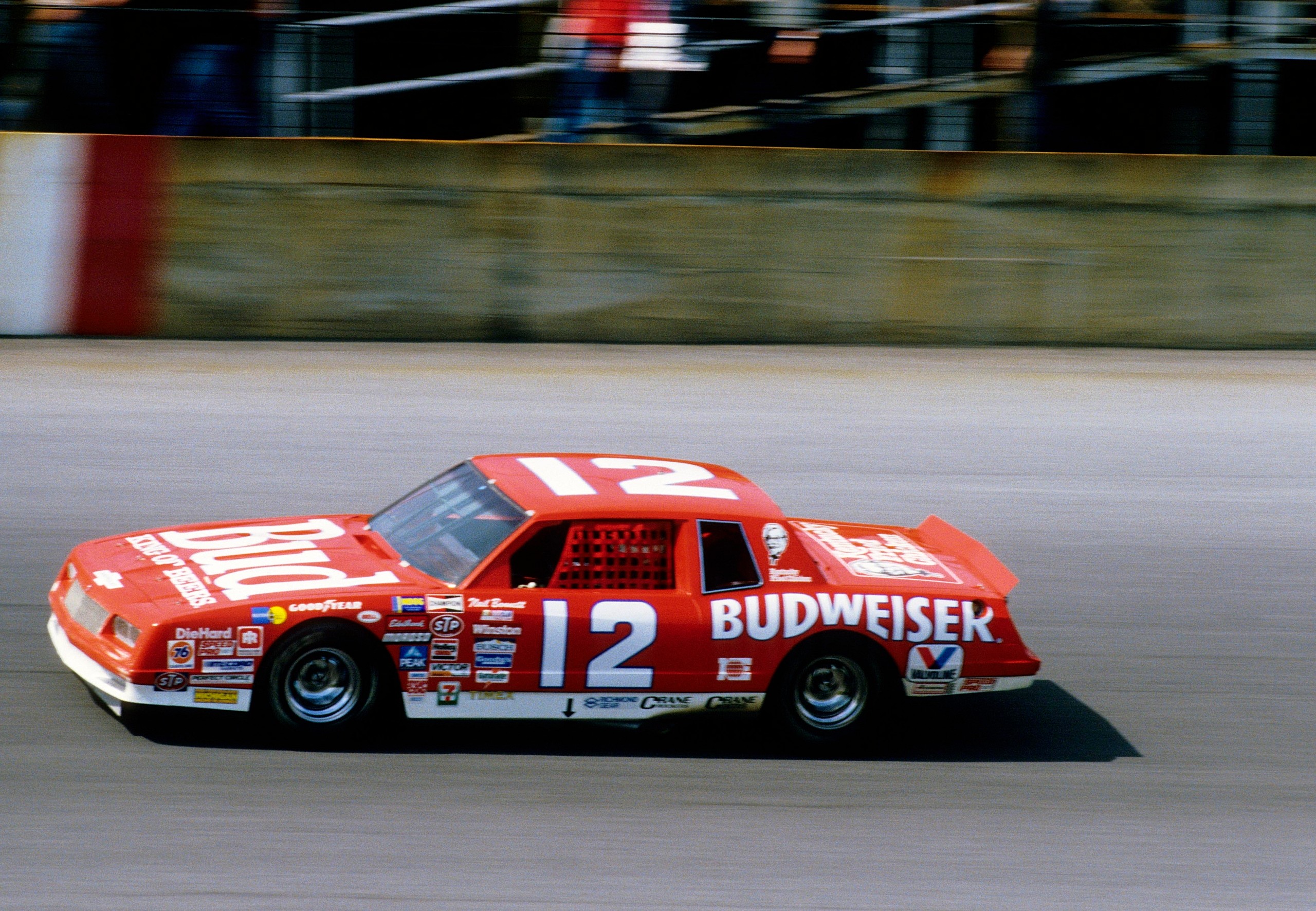
The Chevrolet Small Block 350 was widely used in NASCAR, especially in the 1980s. Being one of the most dependable and flexible engines, the 350 was a true powerhouse that could deliver up to 500 horsepower in a race car. This engine was very flexible and could be easily tuned to suit any of the racing conditions; that is why it was widely used by NASCAR teams. This engine made champions like Dale Earnhardt win many races during the decade.
2. 1960s: Ford 427 SOHC “Cammer”
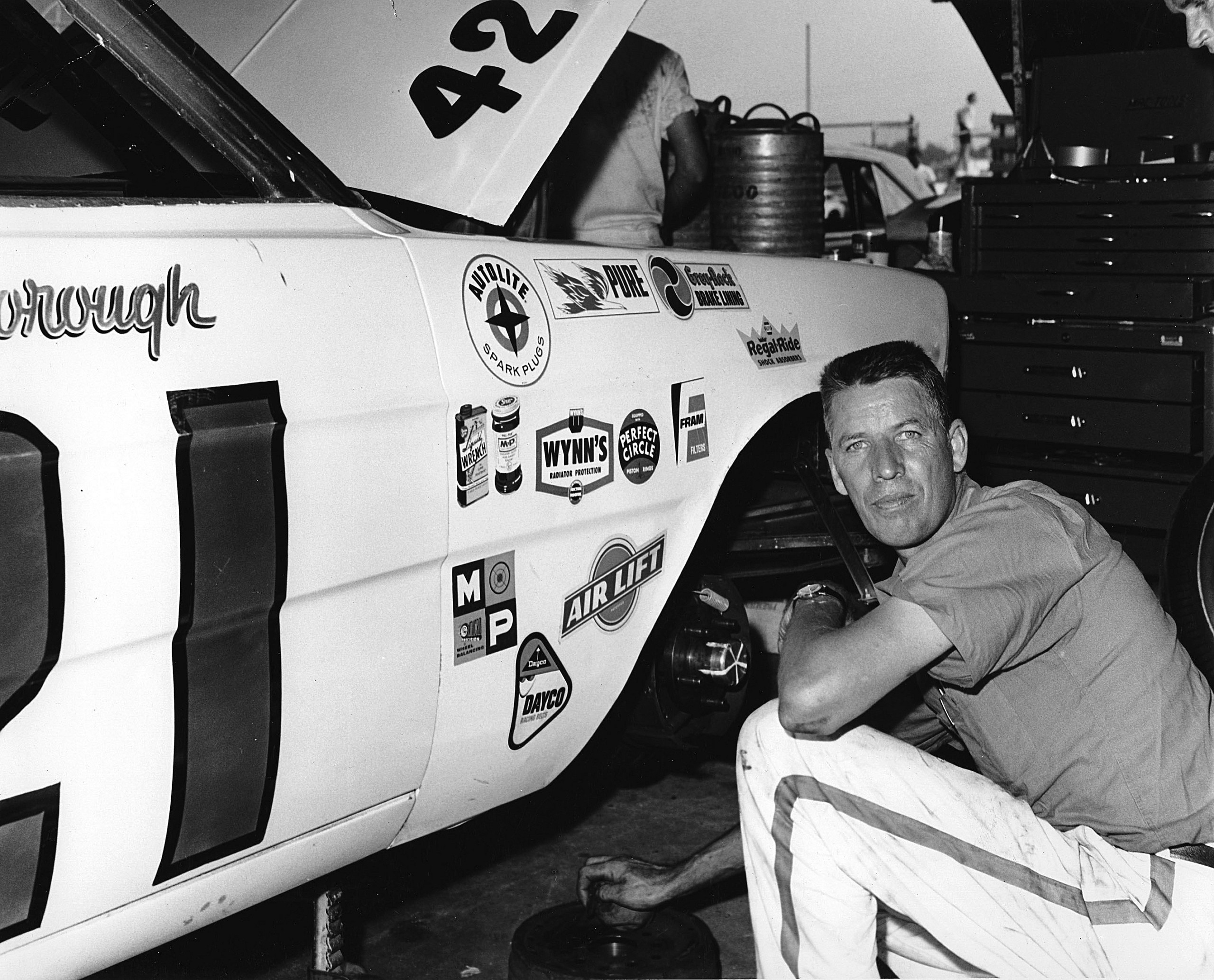
To rival a certain Chrysler Hemi engine, The Ford 427 SOHC, or ‘Cammer,’ was introduced in the 1960s. This engine was a beast, as it generated more than 600 horsepower at 7000 RPM. The Cammer had a unique construction with an overhead camshaft with a rather long, 6-foot timing chain. It was revolutionary at the time. Even though it never competed in NASCAR races due to the rules, it left a great impression on the racing community.
Related: Kyle Larson net worth: From endorsements to charity work
1. 1960s: Chrysler 426 Hemi
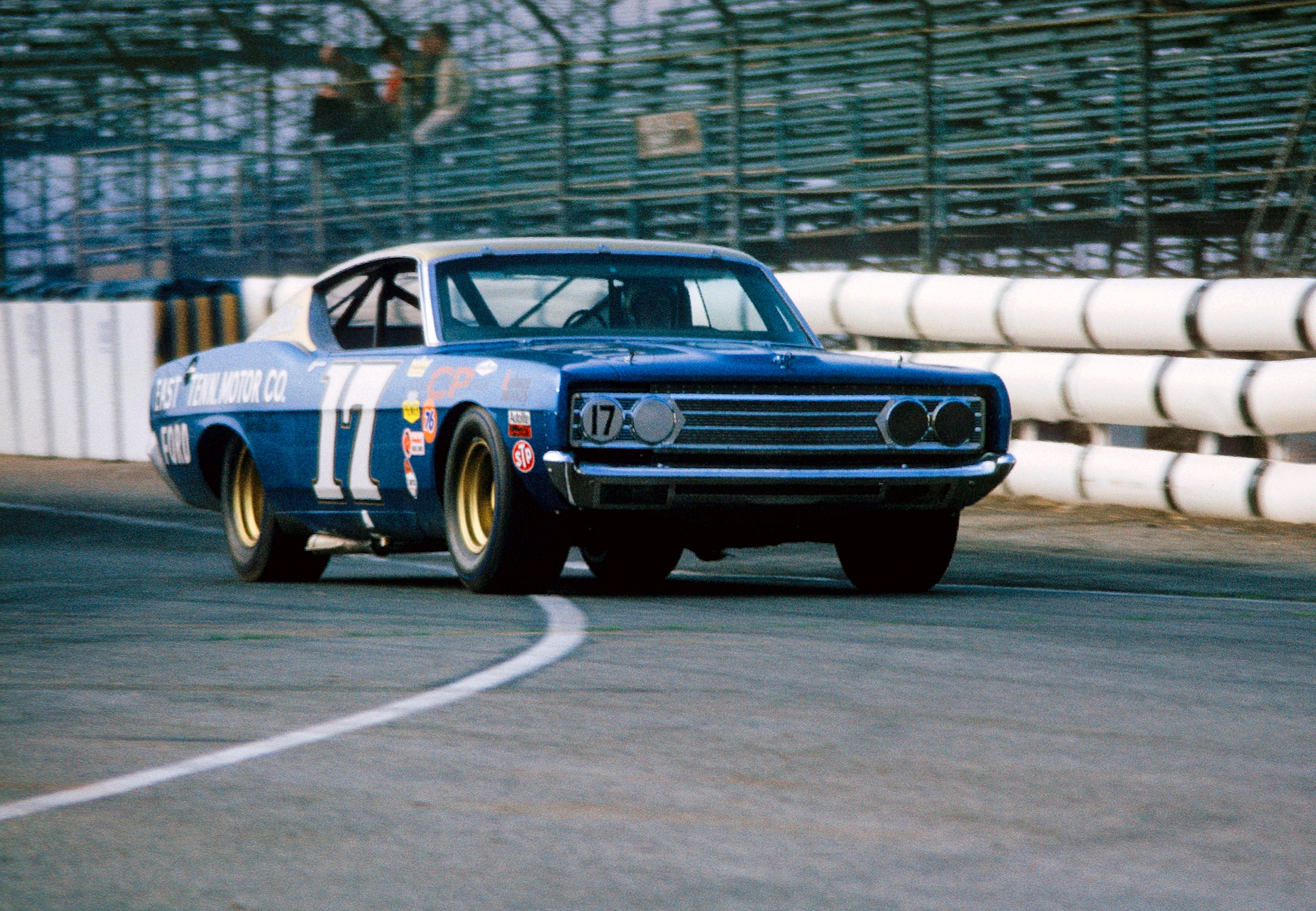
The Chrysler 426 Hemi engine is one of the most famous engineered products in NASCAR history. The Hemi engine started to be used in the 1960s and through to the 1970s. It was given this name due to the hemispherical combustion chamber that enhanced the engine’s efficiency and power.
This engine produced approximately 425 horsepower; however, this power could be increased for racing purposes. The Hemi therefore played a big role in helping Richard Petty win many races hence its place in the NASCAR Hall of Fame.